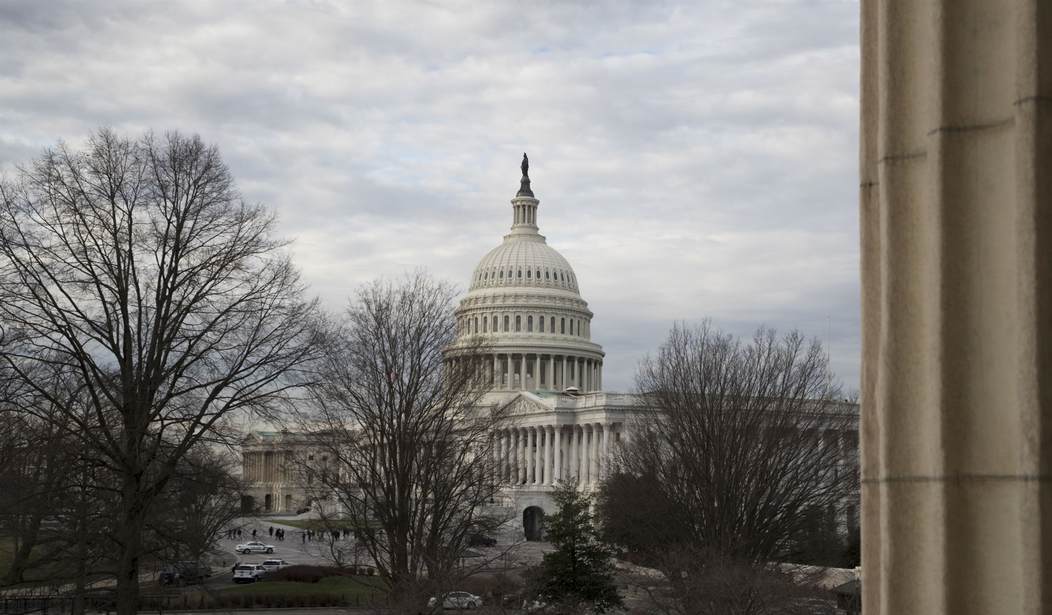Dodd-Frank overregulation caused increased concentration in banking, squeezing out smaller banks in favor of bigger banks that could more easily absorb increasing regulatory costs. That naturally restricted credit to smaller businesses that were more regularly served by smaller, more regional banks, more likely to have developed relations with small local businesses.
But in typical abundance of centralized bureaucrat overcaution, Dodd Frank over regulation also clamped down more harshly on small business lending as inherently more risky. More risky it is. But small business is also the lifeblood of the economy, as small business has long generated most new jobs in the economy.
Small business accounts for 99% of all employers, hiring nearly 60% of all private sector employees, 58.9 million workers as recently as 2015. Small business finance overregulation was one reason why Obama’s recovery from the 2008-09 recession was so weak and slow, with high unemployment persisting for years and years, well behind the pace of recovery of other post war recessions going back to World War II.
So naturally markets developed a way around that foolish overregulation, with the rise of merchant cash advance financing. These innovative finance companies usually offer small businesses smaller, more immediate cash advances to cover operational or emergency costs, until small businesses can be paid on their invoices.
They operate much like venture capitalists, but for small business. Bigger and more promising companies can attract the attention of such financial angels, giving them some ownership stake and a seat on the board in return for their longer term, up front financing.
Recommended
Small businesses may similarly offer merchant cash advance financiers an opportunity to finance a fixed percentage of future invoices. Wholesomely, this gives the merchant cash advance financiers an interest in the longer term survival of their small businesses, so they can finance the invoices over the longer term. In business, that is called win win.
But crabbed advocates of Big Government overregulation, like the know it all Elizabeth Warren, don’t like such innovative private sector escape valves. They are sure they know how to run the small businesses better than their owner entrepreneurs do. They are sure the merchant cash advance financiers are overcharging their small business clients for their overpriced services.
But the small businesses think their new financial angels are worth the costs. Those costs include covering for the costs of the small businesses that fail at a higher rate, and never pay back their cash advances as a result.
Now, the merchant cash advance financiers are organizing to fend off busy body critics of their business model. They have organized into the Commercial Finance Coalition, led by companies such as Yellowstone Capital and Everest Business Funding. That coalition advocates best practice standards for their rapidly growing industry, serving small businesses hungry for new sources of financing in the most responsible fashion.
Small business owners and entrepreneurs know what they are doing. They can apply for old fashioned commercial bank loans, fill out reams of paperwork, and wait weeks at best for a decision.
Or they can apply for merchant cash advance more suited to their business needs, pay a fee they find reasonable and affordable, and survive in business for the longer term. They don’t need Elizabeth Warren, and her developed anti-business attitudes, to make their decisions for them.
For many of them, that would leave them only in need of Warren’s original expertise, which was bankruptcy, which she taught very well at Harvard Law School.

























Join the conversation as a VIP Member